South Sudan, the world’s youngest nation, gained independence from Sudan in 2011 after decades of conflict. Since then, it has been working towards establishing itself as a stable and prosperous nation. However, the country has faced numerous challenges, including internal conflict, political instability, economic hardship, and displacement of its people.
Despite these challenges, South Sudanese society is characterized by resilience, strong community ties, and a rich cultural heritage. The country is home to over 60 ethnic groups, each with its own distinct language, traditions, and customs. The Dinka, Nuer, Shilluk, and Azande are among the major ethnic groups. English is the official language, but Arabic, Dinka, Nuer, and other indigenous languages are also widely spoken.
The economy of South Sudan is largely dependent on oil, which accounts for the majority of its export revenues. However, the country also has potential in agriculture, livestock, and tourism. The government is working towards diversifying the economy and building infrastructure to support sustainable development.
Culture and Possible Experiences
South Sudan’s rich cultural heritage and natural beauty offer a unique and enriching experience for adventurous travelers:
- Cultural Experiences: Immerse yourself in the diverse cultural traditions of South Sudan by visiting local villages, witnessing traditional dances and ceremonies, and learning about the customs and beliefs of the different ethnic groups. Visit a cattle camp to witness the Dinka people’s deep connection with their cattle.
- Wildlife Viewing: Explore South Sudan’s national parks and reserves, like Boma National Park and Bandingilo National Park, which are home to diverse wildlife, including elephants, giraffes, lions, and antelopes. Embark on game drives, boat safaris, and birdwatching excursions.m.youtube.com Bandingilo National Park, South Sudan
- The Sudd: Explore the world’s largest swamp, the Sudd, a unique ecosystem teeming with wildlife like hippos, crocodiles, and a variety of bird species. Take a boat trip through the waterways and witness the natural beauty of this unique landscape.ceobs.org Sudd, South Sudan
- Nimule National Park: Hike through the scenic trails of this park, which offers stunning views of the Nile River and its surroundings.kabirasafaris.com Nimule National Park, South Sudan
- Local Markets: Visit bustling local markets in Juba, the capital city, to experience the vibrant atmosphere and purchase souvenirs, crafts, and local produce.
Valid and Clickable Links for Further Information:
- The African Encounters – Cultural experiences in South Sudan: https://southsudantour.com/blog/amazing-cultural-experiences-in-south-sudan/
- Experiences in South Sudan: https://www.opulentroutes.com/services/experiences-in-south-sudan/
Important Considerations:
- Safety: Due to the ongoing political instability and security concerns, it’s crucial to research and exercise caution when traveling to South Sudan. Check the latest travel advisories and consider the risks involved.
- Visa Requirements: A visa is required for all nationalities to enter South Sudan.
- Health Precautions: Consult your doctor for recommended vaccinations and malaria prophylaxis.
- Currency: The official currency is the South Sudanese Pound (SSP).
- Language: While English is the official language, Arabic and local languages like Dinka and Nuer are widely spoken.
South Sudan is a country with immense potential, rich cultural heritage, and natural beauty. While travel to South Sudan may be challenging due to security concerns, it offers a unique and rewarding experience for adventurous travelers who are well-prepared and eager to explore a nascent nation with a fascinating history and culture.
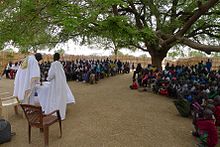
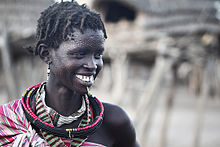
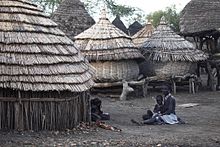
If you book more than one travel service for your trip or holiday using the links on this site, for example both hotel accommodation and flights, you will NOT benefit from rights applying to packages under Directive (EU) 2015/2302. Uramble.com and Google will not be responsible for the proper performance of any travel services. In case of problems, please contact the relevant service provider. Check with your insurance -or credit card provider.
HERE YOU FIND THE OPPORTUNITIES FOR 3 TYPES OF ACTIVE HOLIDAYS!
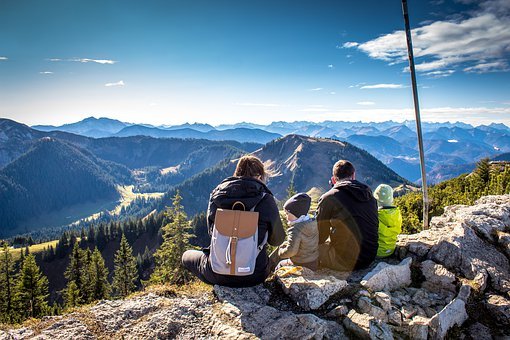

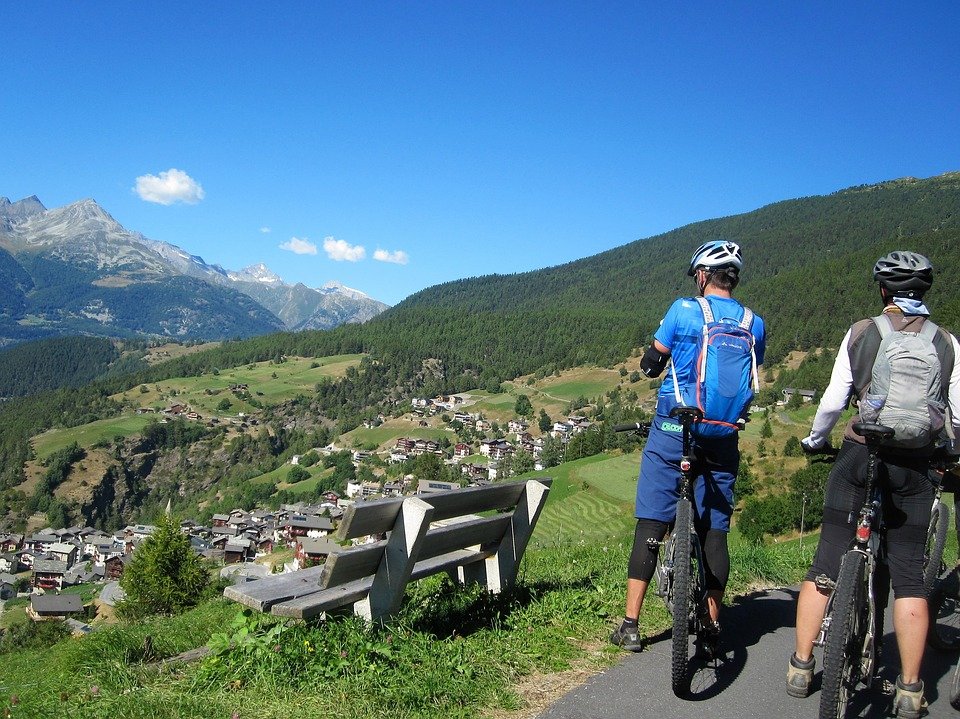

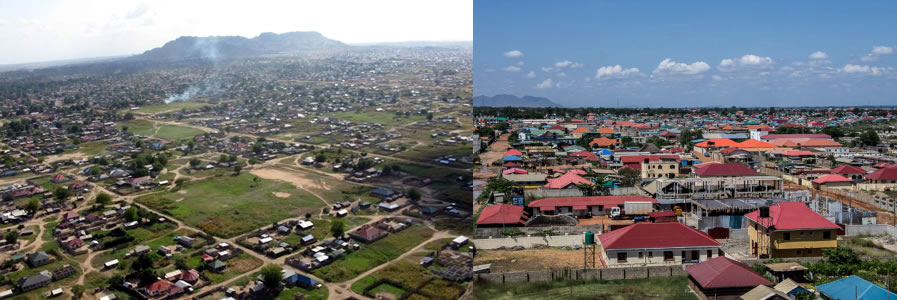
Tell us about an experience or share some information